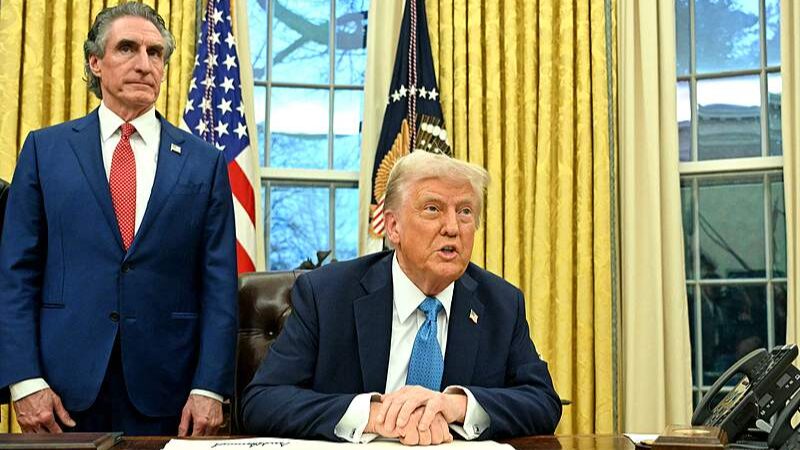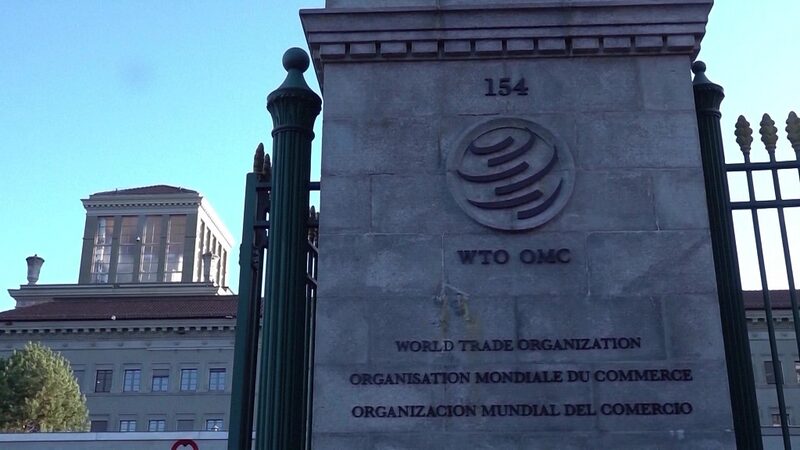The U.S. proposal to unilaterally impose 'reciprocal tariffs' has triggered widespread concern among trade experts, who warn the move could destabilize the multilateral system upheld by the World Trade Organization (WTO). The strategy, which bypasses established WTO frameworks to set tariffs based on perceived national interests, risks eroding decades of collaborative rule-building critical to global economic stability.
Liu Chunsheng, an associate professor at the Central University of Finance and Economics, likened the policy to a 'virus of unilateralism.' In an op-ed, he cautioned that such measures undermine principles like non-discrimination and fair trade. 'If countries abandon multilateral negotiations for self-driven tariffs, we risk a trade anarchy that could unravel the WTO's hard-won progress,' he remarked.
The WTO's role as a mediator of equitable trade practices faces its sharpest challenge in years. Analysts highlight that retaliatory tariffs from other nations could disrupt supply chains, inflate consumer costs, and deter foreign investment—factors already causing unease among businesses operating in Asia. The region, home to key manufacturing hubs like Vietnam and Bangladesh, remains particularly vulnerable to trade policy shifts.
While proponents argue reciprocal tariffs address imbalanced trade terms, critics stress that unilateral actions weaken collective trust. Cross-border commerce relies on predictability,' noted a Singapore-based trade analyst. 'Moving away from multilateral frameworks injects uncertainty, which no market thrives on.'
As debates intensify, global stakeholders are urging renewed dialogue to fortify—not fracture—the rules-based trade order. The coming months may prove pivotal in determining whether cooperation or protectionism defines the next era of globalization.
Reference(s):
cgtn.com








